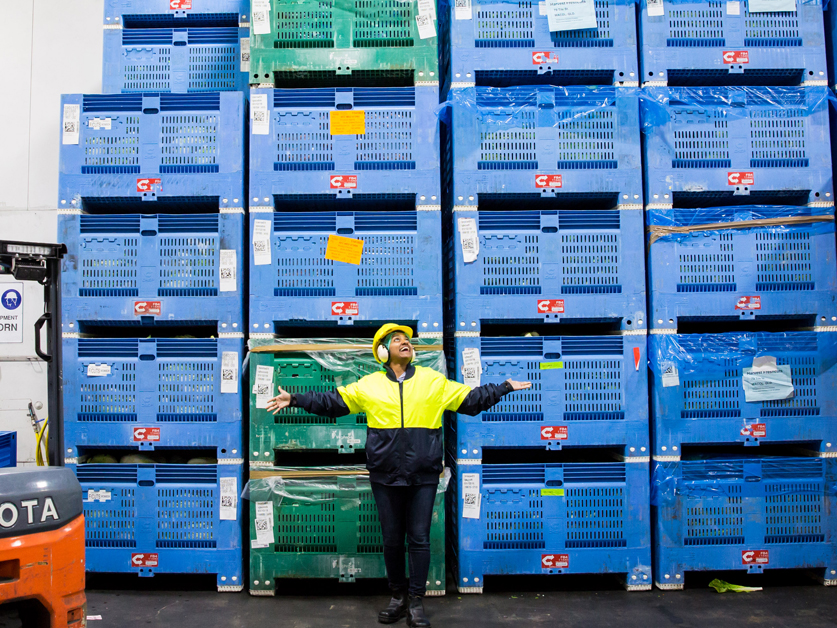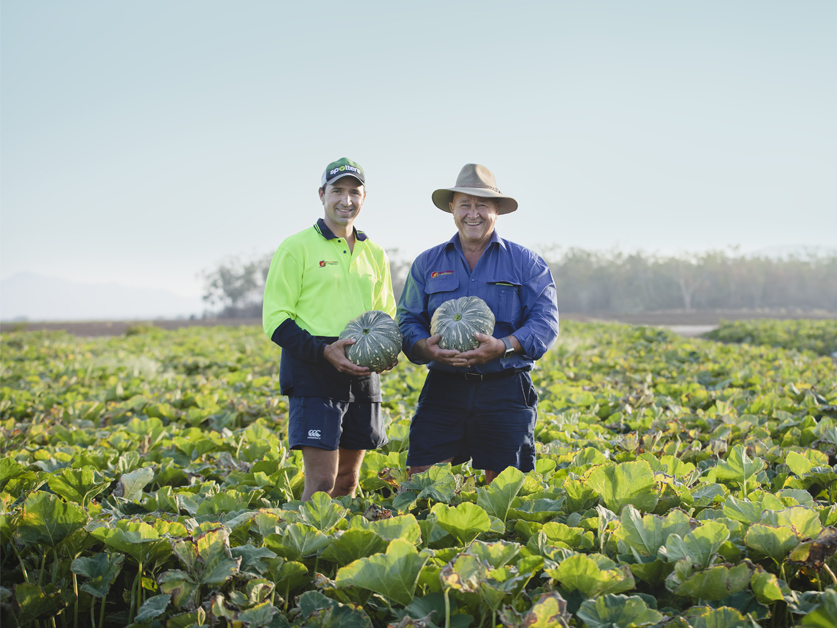
Building a growing enterprise in far-north Queensland
20 February 2020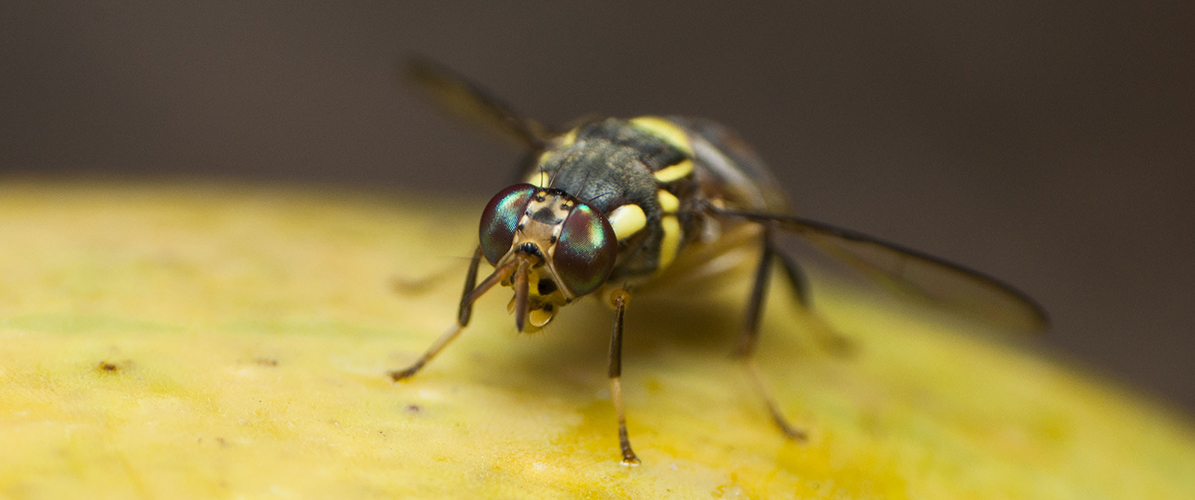
Fruit fly management for vegetable growers
25 February 2020Fast facts
Name: Jennifa D’souza
Age: 26
Location: Wacol, QLD
Works: OneHarvest
Grows: Babyleaf lines: spinach, chard leaves, mizuna, tatsoi, rocket
How did you first become involved in the vegetable industry?
After completing my Masters’ in Food Science and Technology from the University of Queensland, I found that Australia is rich in agriculture and all food industries directly or indirectly rely on agriculture and the vegetable industry. I started three years ago as a Graduate Technical Assistant at OneHarvest, looking after the quality of the raw material and finished goods. Then I moved down to our biggest manufacturing site as Site New Product Development (NPD) Technologist in Bairnsdale, Victoria. I am now at the OneHarvest head office, looking after the NPD Process Team.
What does your role as New Product Development Process Manager at OneHarvest involve, and what are your responsibilities?
My role at OneHarvest specifically heads up the NPD trial and commercialisation function from farm through to processing trials and retail launch. It is my responsibility to manage the national new product development team at four sites, customer interaction and help manufacturing sites with raw material concerns, wherever needed.
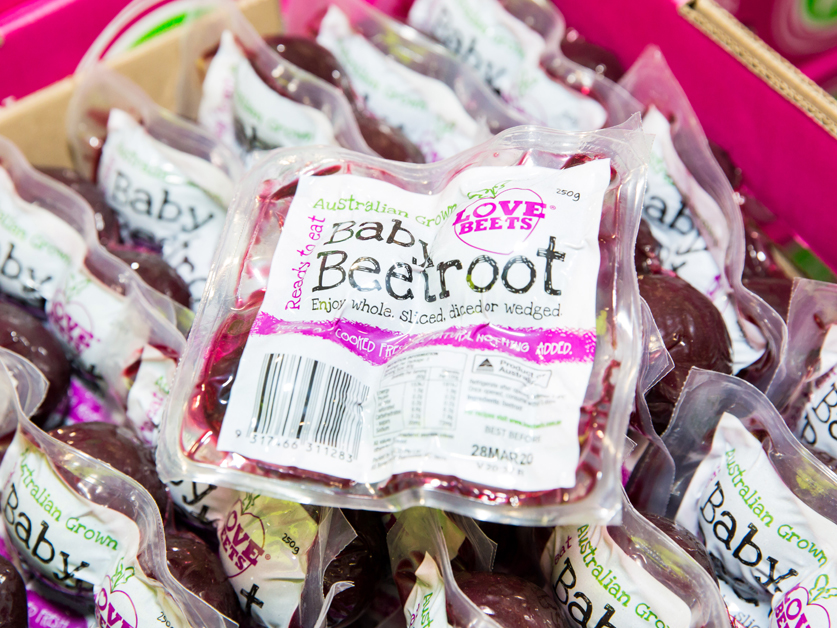
How long have you been in this role for and what have you achieved during this time in terms of developing new products?
I’ve been in this role for eight months and in that time, OneHarvest has had its busiest launch period. Over the initial five months, we have launched many new products into retails. Since graduating, I have gained extensive knowledge about the industry and our sites.
What do you enjoy most about working in the vegetable industry, and how do you maintain your enthusiasm?
I enjoy the process of bringing new products into action through trials and overcoming hurdles. Overcoming challenges and commissioning new projects keeps my enthusiasm going every day.
"Each individual has different aspects that they take from the mission experience. This can help explore diversification with farming, helping Australia grow in the horticulture sector. "
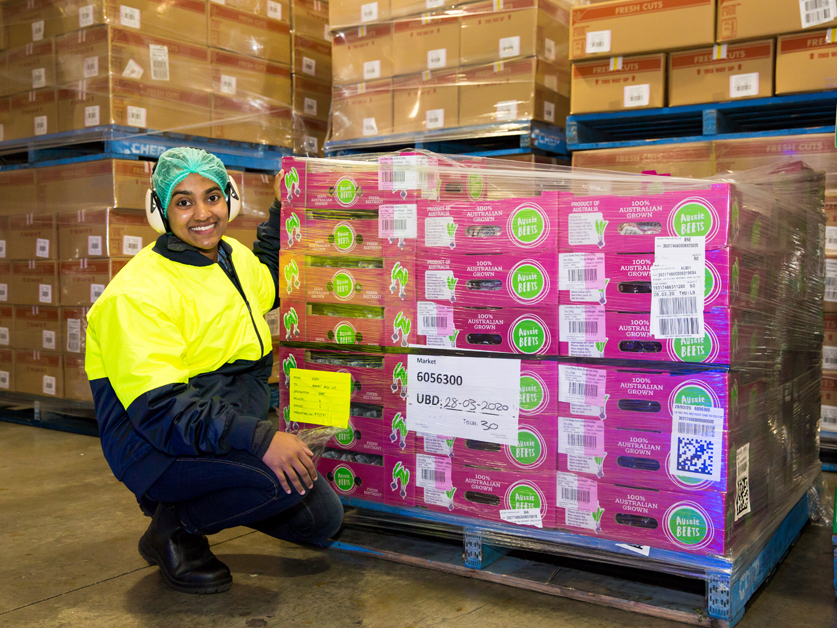
What are the biggest challenges you face working in the industry, and how do you overcome them?
Weather changes are the biggest challenge when you work in the vegetable industry, an industry that is highly dependent on the weather. We supply customers with products all year-round and support our growers.
What new innovations, research and/or practices has your business implemented recently?
Just over a year ago, we launched our ‘Love Potatoes’ brand in two flavours – garlic and herb, and BBQ flavoured potatoes. The flavoured and cooked retort potatoes are the first of their kind to be produced in Australia.
Where do you see opportunities for growth in the Australian vegetable industry?
Supporting our growers and lands with sustainability farming is where we see great opportunity is for both as a consumer, and as a part of the industry. We are not only saving our future in the industry, but also helping the environment to recover.
Where do you see yourself in five years’ time?
To be a part of the OneHarvest business and its growth. Also, engaging with the Produce Marketing Association Australia-New Zealand and AUSVEG to learn more and implement new ideas to the business.
How do you think more young people could be encouraged to study and take up jobs in the vegetable industry?
Having internships and showcasing the workplace culture, and explaining what we do, may encourage young people to join the vegetable industry.
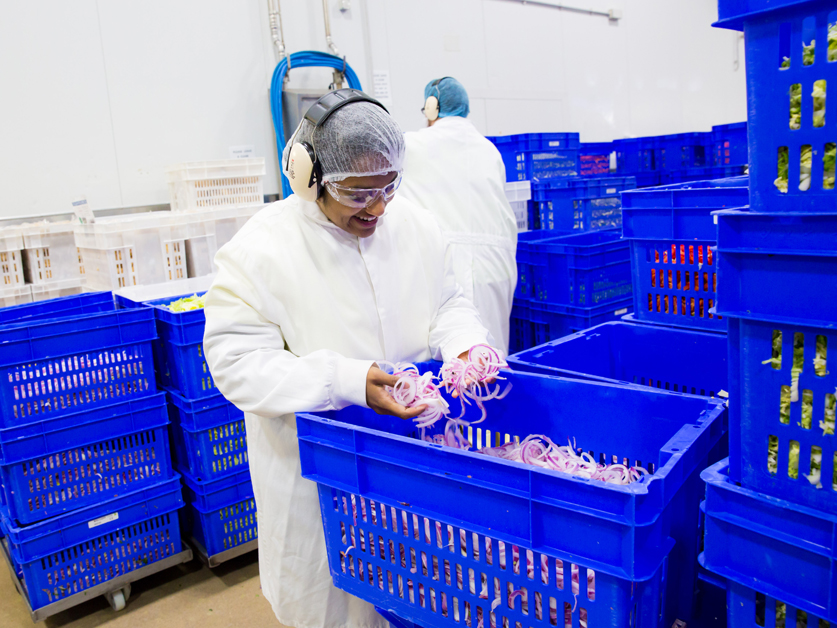
You attended the U.S.A. Industry Leadership and Development Mission in October last year. What were the highlights of this mission?
Large-scale farming in the ‘Salad Bowl of the World’ – Salinas Valley and understanding the weather impact and how growers overcome this by region selection. In addition, seeing many aspects of farming and vegetable industries, e.g. seeding R&D, irrigation, crop research and future growth, and crop protection. Attending the PMA Fresh Summit and Expo at Anaheim, California, was a highlight as well. Additionally, our tour group consisted of people from different regions of Australia and belonged to various sectors of the vegetable industry. That exposed the constraints at various levels of the industry and helped us to understand the Australian horticulture industry.
Did you receive any advice and/or saw any practices while on the Mission which you have brought home to try and implement in the future?
I have not implemented these yet, however the below suggestions will be approached in near future.
- The auto-thinning process, for better efficiency and probability of planting.
- PlantTape: this technology will take additional resources to progress in Australia, due to quarantine and complexity of the process.
- Splitting the farming area to different regions to accommodate changes in weather and ensuring supply all-year round.
Would you recommend the Mission to other growers and veg industry members and if so, why?
Yes, I would recommend it. Others can learn, relate and apply solutions and learnings to the farm and/or business. Each individual has different aspects that they take from the mission experience. This can help explore diversification with farming, helping Australia grow in the horticulture sector.
This grower profile first appeared in the leading magazine for the Australian vegetable industry, Vegetables Australia. If you’d like to subscribe to receive a new edition of Vegetables Australia in your mailbox every two months, use our online subscription form!
Photography credit: Anna Oestroff

